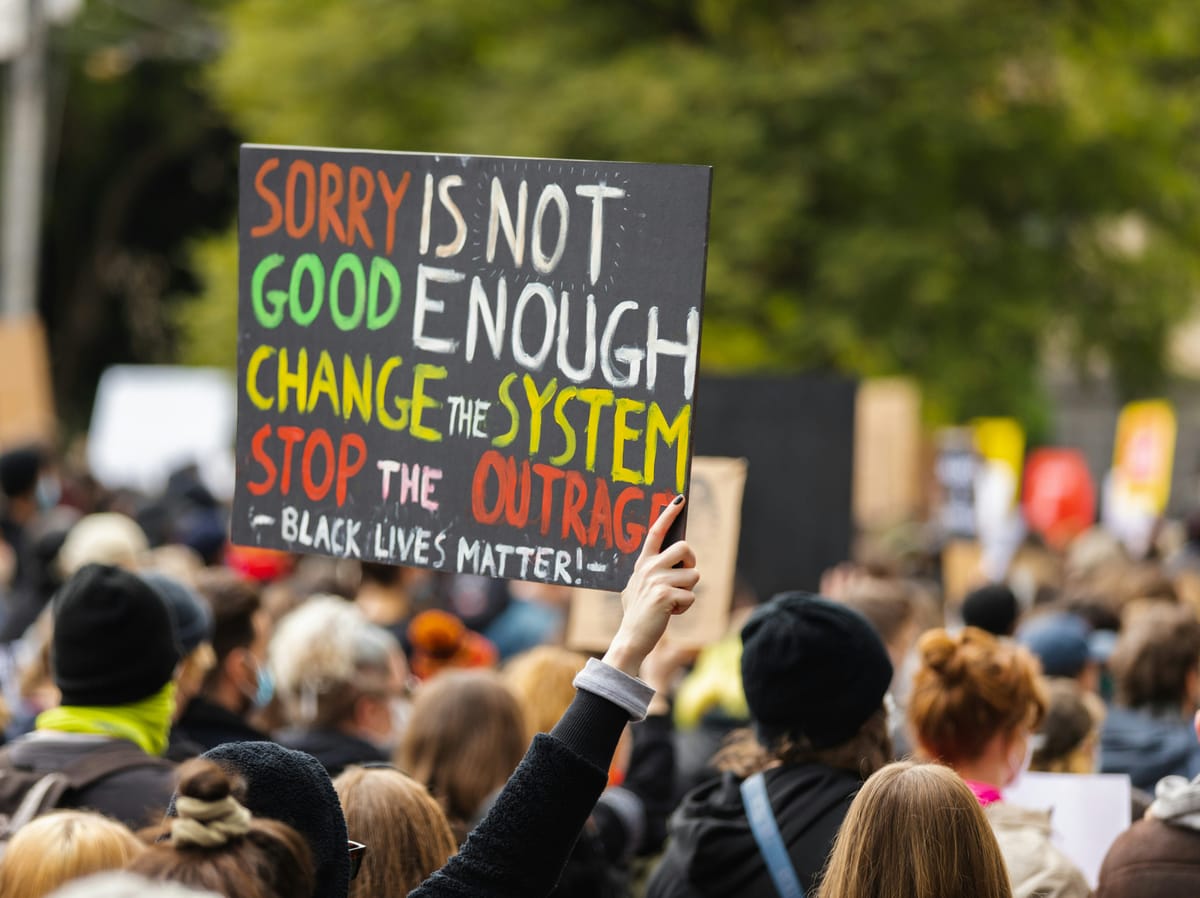"The better the state is established, the fainter is humanity. To make the individual uncomfortable, that is my task." - Friedrich Nietzsche
The hushed reverence for efficiency, for streamlined systems, for predictable outcomes – it’s become the prevailing ethos, and an unsettling question hangs in the air, echoing the ghost of Friedrich Nietzsche’s pronouncement: “The better the state is established, the fainter is humanity

The hushed reverence for efficiency, for streamlined systems, for predictable outcomes – it’s become the prevailing ethos, and an unsettling question hangs in the air, echoing the ghost of Friedrich Nietzsche’s pronouncement: “The better the state is established, the fainter is humanity. To make the individual uncomfortable, that is my task.” It’s a provocative statement, often misconstrued as advocating for chaos, but its core critique resonates with increasing force in an era of algorithmic governance and hyper-normalization.
We are witnessing, on a global scale, the systematic smoothing of life's rough edges. Technology, ostensibly designed for liberation, is increasingly employed to predict and preemptively address our needs, desires, and even dissent. Smart cities, for instance, promise optimized traffic flow, reduced crime, and efficient resource allocation. Yet, these meticulously planned environments, built on data collection and constant surveillance, slowly erode the space for serendipity, for spontaneous interaction, for the beautiful messiness of human existence.
The algorithmic curation of our newsfeeds, tailored to reinforce existing beliefs, isn't simply about convenience; it’s a fundamental reshaping of our perception of reality. Discomfort, the friction of encountering opposing viewpoints, the struggle to formulate original thought – these are diminishing returns in a world designed to confirm, not challenge. Social credit systems, already a reality in some countries, represent a chillingly literal implementation of Nietzsche’s sentiment, utilizing discomfort – the threat of social and economic sanction – to enforce conformity.
But the problem isn't simply top-down control. We demand this comfort. We willingly trade privacy for convenience, opting for frictionless experiences even when aware of the underlying costs. The rise of on-demand services, while liberating for some, fosters a culture of immediate gratification and a diminishing tolerance for delay and imperfection. We’ve become accustomed to eliminating obstacles, to smoothing over any perceived inconvenience. This pursuit of comfort isn't inherently malicious, but it's a powerful force subtly reshaping our character.
Consider the current discourse surrounding 'safetyism' on university campuses, a phenomenon characterized by a perceived overprotectiveness aimed at shielding students from potentially upsetting ideas or experiences. While motivated by good intentions, these efforts, arguably, prioritize emotional comfort over intellectual rigor. The ability to grapple with complex, uncomfortable truths, to engage in challenging dialogue, is vital for personal and societal growth. Shielding individuals from discomfort doesn't prepare them for the world; it infantilizes them, leaving them ill-equipped to navigate ambiguity and adversity.
The question isn't whether we should strive to improve societal structures, but how we do so. A truly flourishing society isn’t one that eliminates all discomforts; it's one that fosters resilience in the face of them. Nietzsche wasn't advocating for suffering for its own sake; he was warning against the dangers of a state so comprehensive, so all-encompassing, that it suffocates the individual spirit. He understood that growth, creativity, and even morality often arise from the struggle to overcome obstacles, from wrestling with uncomfortable truths.
The modern echo of his warning isn't about despots or totalitarian regimes (though those dangers remain, of course). It’s about the insidious creep of control embedded in even the most benign technologies and societal norms. It’s about the quiet surrender of agency in exchange for the promise of a seamless existence. Perhaps, then, the truly radical act in the 21st century isn’t the pursuit of ever-greater efficiency, but a deliberate embrace of discomfort – a willingness to question, to challenge, to resist the algorithmic smoothing of life, and to reclaim the messy, unpredictable, and ultimately, uniquely human experience. We need to consciously build in friction, to cultivate spaces for dissent, and to remember that genuine progress often requires confronting what makes us uneasy.


